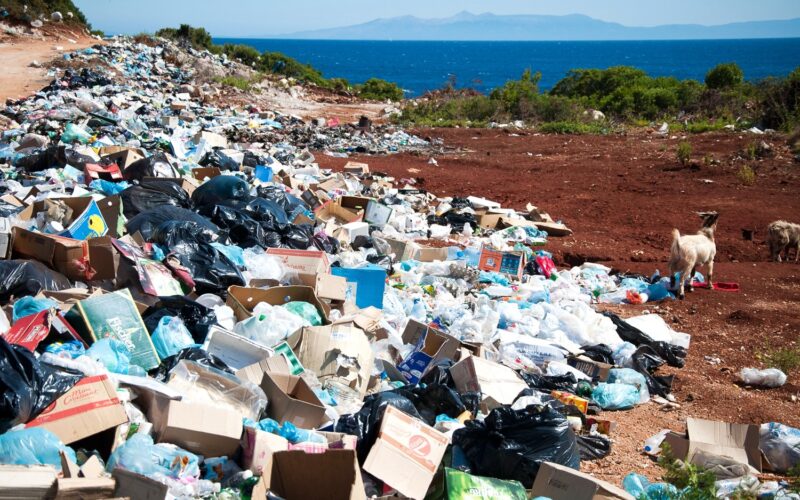World Environment Day, an annual event established by the United Nations in 1973, continues to champion environmental awareness and action on a global scale. As the momentous 50th anniversary looms in 2023, the international community unites under the theme Beat Plastic Pollution, emphasizing the criticality of addressing plastic waste pollution.
New York, NY (Business Northeast) – What is your daily plastic waste generation? The world celebrates “World Environment Day” on June 5 every year, highlighting the importance of environmental protection through various festival activities. This year’s World Environment Day theme is “Beat Plastic Pollution,” which emphasizes reducing the use of single-use plastic products and increasing the transformation of a circular economy to improve the waste of earth resources.
Banning single-use plastic products has now become a global movement. According to the United Nations Environment Program (UNEP), the world produces 400 million tons of plastic annually, of which only 10% is recycled, and most of the plastic ends up in landfills. Landfill scattered in the surrounding environment will flow down the waterways into rivers, eventually polluting the ocean.
However, the problem of plastic pollution is not limited to this. The European Commission estimates that nearly 400 million tons of carbon dioxide are emitted yearly through incineration and disposal of plastic waste, releasing a considerable carbon footprint. If left unchecked, the situation will worsen, with plastics produced from fossil fuels estimated to account for 19% of the global carbon budget in 2040.
Plastic not only affects the environment but also endangers human health. The plastic particles produced after plastic decomposition enter the human body through food, drinking water, breathing air, and skin. Long-term exposure to plastic-related chemicals can cause serious health problems. Scientists have confirmed that long-term exposure to plastic particles or plasticizers may increase the risk of premature birth, stillbirth, or congenital disabilities of reproductive organs, neurodevelopmental disorders, impaired lung development, and childhood cancer in pregnant women.
Environmental protection is not an easy task, but it is essential. Despite promoting the plastic reduction movement, the world can still not eliminate the plastic crisis. Over 90% of the world’s waste plastics have yet to be recycled, of which single-use plastics account for the majority. The United Nations hopes to reduce plastic pollution by 80% by 2040 and calls on all countries to take practical actions to protect our planet and leave a healthier and cleaner world for future generations.










